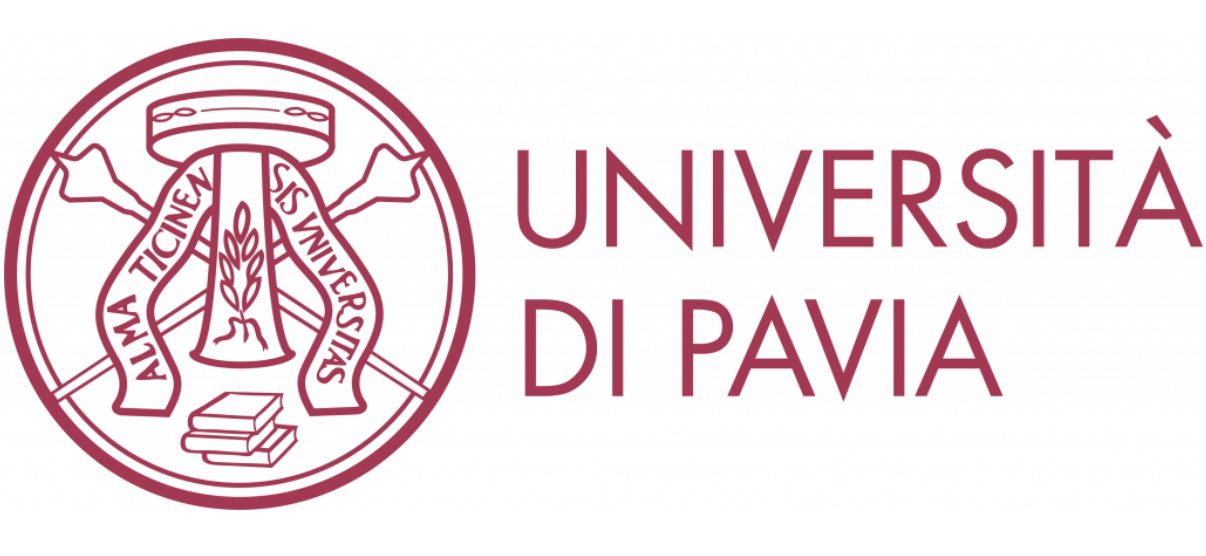Validation of the Italian translation of the PHBQ-AS questionnaire for children undergone elective day-surgery
General anaesthesia has been seen to induce early and late new onset of negative behaviours in young children (Malarbi et al 2011, Somaini et 2015). The late post-operative negative behaviours include increasing anxiety, nightmares, problems going to bed, and eating disturbances (Kain et al 2006, Stargatt et al 2006, Stipicc et al 2015). Furthermore, these behaviours may impact with normal development, socialization, and adjustment to school (Jenkins et al 2015). Due to these consequences, it is important to accurately assess and quantify the long-term consequences of general anaesthesia in children. In 1966, Vernon et al developed a parent-rated tool, the Post Hospitalization Behavior Questionnaire (PHBQ), to quantify behavioral changes in children who undergo hospitalization due to surgery or illness (Vernon et al 1966). Since then, the PHBQ has been used as a quantifiable method for assessing children’s posthospitalization as well as postoperative new-onset behavioral changes (Stargatt R et al 2006, Kain et al 2006). The primary aim is to assess the reliability of the Italian translation of the PHBQ-AS for children undergone elective day-surgery.
